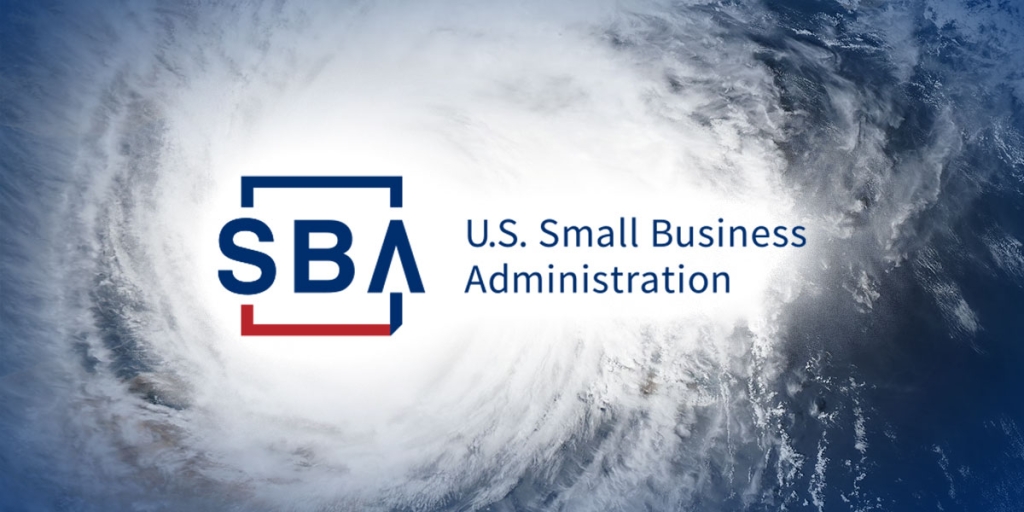As policy director for Alabama Appleseed Center for Law & Justice, my work is centered around the intersection of poverty and criminal justice – the criminalization of poverty. As an Alabama native and graduate of the University of Alabama School of Law, I work as a legislative attorney and non-profit lobbyist committed to advocating for legislation that helps everyday Alabamians, especially poor and working-class Alabamians. Since 2020, my colleagues and I have been working to try to get a piece of legislation passed that will end the suspension of driver’s licenses for debt-based reasons.
According to data from the Alabama Law Enforcement Agency (ALEA), as of September 9, 2021, nearly 170,000 Alabamians had a suspended license for no other reason than failure to pay a traffic ticket or failure to appear in court as a result of receiving a traffic ticket. To be clear, these are not people who have lost a license due to the fact that they are habitually reckless or dangerous drivers. Instead, they are everyday people like you and me who got an unexpected traffic ticket for speeding, having a busted taillight, or some other minor traffic infraction. The reason that I am confident that their traffic infraction was minor is because they were allowed to continue driving after receiving their ticket instead of immediately being removed from the road – as is the case with DUIs and other dangerous infractions.
While it is important for Alabamians to follow traffic laws and avoid even minor traffic infractions, it is equally important to note that Alabama has a point system in place that helps ensure that our roads remain safe. Under this system, anyone that racks up 12 points for traffic infractions within a two-year period has their license suspended automatically. That is how we keep our roads safe and ensure public safety, not by punishing people by suspending their license simply because they are too poor to pay a traffic ticket.
When someone can’t pay a traffic ticket, the last thing that they need is more barriers put in their path making it harder for them to pay. In Alabama, it is no secret that public transportation is virtually nonexistent. That means that a driver’s license is often required for people to get or maintain a job. Likewise, a job is often required for someone to make the money they need to pay off their traffic ticket. Research has shown that 42% of people that lose their license lose their job, and 45% of those people are subsequently unable to find new employment. This only further devastates workforce development goals and efforts in the State of Alabama. Even worse, research has shown that the State of Alabama loses $804.86 in lost gas and income tax revenue per person whose license is suspended for failure to pay a traffic ticket or failure to appear in court for an unpaid traffic ticket. That means that if every single one of the 165,958 Alabama drivers whose licenses are suspended for debt-based reasons got their licenses back and got back to work, that would amount to approximately $133.6 million in tax revenue. Thus, the choice to punish people who cannot afford to pay their traffic tickets by crippling their ability to maintain employment is a choice to kiss millions of dollars in needed tax revenue goodbye.
Overwhelmingly, people who are impacted by this issue are honest, hard-working individuals who genuinely want to honor their debts and be productive citizens. Yet, hard times lead them to be unable to pay tickets which triggers a license suspension. Teon Smith is one example: Teon, a single mother from Montgomery who has an associate degree in business, was ticketed in 2014 for things like driving with her five-year-old child who was restrained by a seatbelt but was not in an approved car seat. She was put on a payment plan. Then she got into a car accident, lost her vehicle, and lost her ability to get to work, lost her job, and missed a few payments.
Teon’s license was suspended for several years. Hyundai would not even allow her on its campus because she lacked a license. After getting her license back, Teon started a new job. She was over the moon at finally being able to, as she put it, “get out there and get it.” Today, in addition to a full-time job, she supplements her income with gig work that she could not possibly do without a valid license. Getting her license back enabled Teon to provide for her family and fill two job openings at a time when Alabama sorely needs workers like her.
This practice of suspending driver’s licenses because people are too poor to pay a ticket is simply nonsensical. That is why bipartisan legislation – SB 117 sponsored by Senator Will Barfoot (R–Pike Road) and HB 200 sponsored by Representative Merika Coleman (D–Birmingham) – has been introduced this session to stop this practice. If passed, SB 117 or companion bill HB 200 will do several key things. Most importantly it will stop judges from suspending someone’s license post-adjudication for: (1) failure to pay unless the person has missed more than half their payments within a one-year period or has failed to make any payments within a 1-year timeframe; (2) failure to appear unless the person has failed to appear on more than one occasion. Worth noting, these two things only apply to post-adjudication events, meaning that the only people impacted are those who have shown up to court and taken responsibility for the fact that they owe the ticket yet also have indicated that they can’t pay it all at once and thus likely need a payment plan. Currently, when these individuals miss just one payment on their payment plan or fail to appear at a compliance hearing which is a hearing to discuss their payment plan, their license is suspended. This bill will change that.
A few additional things that this bill includes: (1) it allows a judge to continue to suspend someone’s license pre-adjudication if they fail to show up to court or elsewise fail to take steps to address their traffic ticket; (2) it allows ALEA to add points to someone’s driving record after they fail to appear to that pre-adjudication hearing; (3) it allows ALEA to add points to someone’s driving record as soon as they enter into a payment plan and before all payments are complete. These last two things are especially important to note as they each help enhance road and public safety by holding people accountable for their traffic infractions in a way that the law currently does not allow.
While the State Attorney General’s Office along with ALEA argue that this legislation is bad for public safety reasons, they fail to make a sufficient justification as to how that is so. If this legislation passes, judges will still be able to issue warrants for the arrest of people that willfully and repeatedly disobey orders to appear in court and that refuse to pay tickets despite having the means to. Similarly, law enforcement will still be allowed to suspend the licenses of people that accumulate more than 12 points within a two-year span (including points accumulated as a result of failing to appear in court). The only thing that will change is Alabama will be brought in line with the growing list of other states that have stopped using driver’s license suspensions as a way of criminalizing poverty.
Akiesha Anderson serves as policy director for Alabama Appleseed Center for Law & Justice













